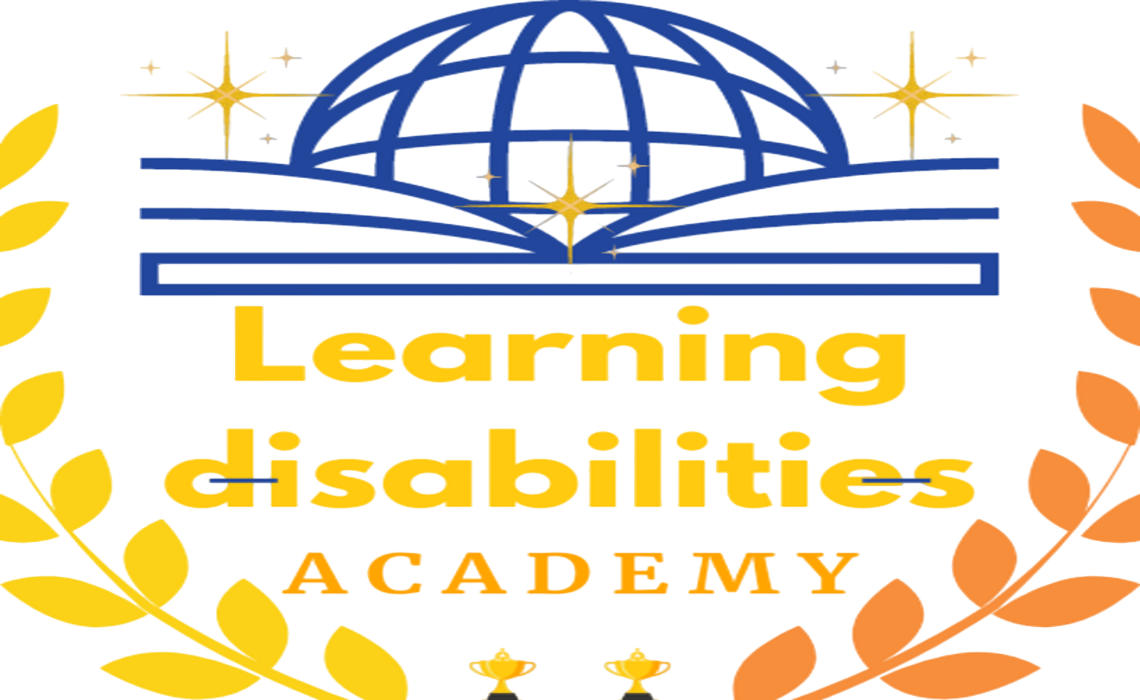Understanding Specific Learning Disabilities
 |
Introduction: In a recent video presentation from the National
Center for Learning Disabilities, Dr. Sheldon Horowitz delves into the
complexities of specific learning disabilities. He provides a comprehensive
overview of what specific learning disabilities entail, how they manifest, and
how they differ from other types of disorders.
Overview of Specific Learning Disabilities: Dr. Horowitz
begins by explaining that specific learning disabilities encompass a range of
disorders that affect fundamental psychological processes related to language
comprehension and usage. These disabilities involve the ability to receive, process,
recall, and communicate information within specific domains.
[ads id="ads1"]
Types of Specific Learning Disabilities:
Reading Disabilities (Dyslexia): Dyslexia impacts not only
reading words but also the comprehension, speed, and accuracy of reading.
Writing Disabilities (Dysgraphia): Dysgraphia involves
challenges in writing, organization, planning, and editing of written work.
Math Disabilities (Dyscalculia): Dyscalculia encompasses
difficulties in various mathematical tasks, such as counting, measurement,
estimation, and pattern recognition.
Information Processing Challenges: Dr. Horowitz highlights how
individuals with specific learning disabilities may struggle with auditory or
visual processing, affecting how they prefer to receive and retain information.
These challenges can hinder information retrieval, memory, and processing.
Sensory and Motor Considerations: Fine motor control and
sensory-motor integration play a crucial role in learning disabilities,
impacting manual dexterity and coordination. Students with specific learning
disabilities may encounter difficulties in these areas.
Social and Emotional Impacts: Students with specific learning
disabilities may face social and emotional challenges due to communication
difficulties, nonverbal cues misinterpretation, and self-confidence issues. Dr.
Horowitz emphasizes the importance of addressing these aspects to foster a
supportive learning environment.
Misconceptions and Clarifications:
Learning disabilities are not attributed to poor vision or hearing,
autism spectrum disorders, intellectual disabilities, emotional disturbances,
or disadvantageous backgrounds.
Conclusion: Dr. Sheldon Horowitz's insightful discussion sheds
light on the intricate nature of specific learning disabilities, emphasizing
the diverse challenges individuals may encounter. Understanding these
complexities is vital in providing tailored support and resources for those
navigating the realm of learning disabilities. For further insights or
contributions, viewers are encouraged to visit the National Center for Learning
Disabilities website and engage with the provided contact information.


Post a Comment